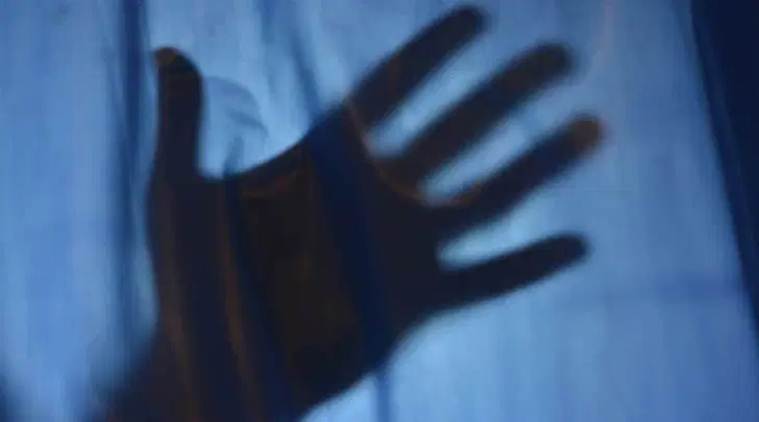 Organisations in Mumbai that work on women’s issues, whose employees are also unable to venture out due to the lockdown, have been attempting to reach out to women with a past history of violent domestic relationships. (Representational Image)
Organisations in Mumbai that work on women’s issues, whose employees are also unable to venture out due to the lockdown, have been attempting to reach out to women with a past history of violent domestic relationships. (Representational Image)
The state government is set to ask district-level officials and police stations to act swiftly in cases of domestic violence faced by women during the lockdown when the usual avenues for assistance, whether police or NGOs, are inaccessible due to restrictions on leaving the home.
Concerned by reports that women may be facing heightened domestic violence due to the forced and lengthened period of proximity with an abusive husband or family member, Minister for Women and Child Development Yashomati Thakur on Saturday said that alongside asking district collectors, zilla parishad chief executive officers and grassroots-level government staff to be very sensitive to the issue, the department would also write to the home department seeking early police assistance for resolution of such complaints.
Speaking to The Indian Express, Thakur said the Maharashtra State Women’s Commission has actually not received such complaints during the lockdown. “But based on reports we are getting, it seems this is because women are just not able to get out of their homes to approach the commission or other agency for help.”
Already, the Pune Zilla Parishad (ZP) has initiated a campaign to counter domestic violence cases by ordering that perpetrators be placed in the institutional quarantine facilities if a case cannot be amicably resolved.
Pune ZP CEO Ayush Prasad said that women who are unable to find any other recourse can reach out to a helpline phone number, where they receive counselling. Information is then shared with a village-level vigilance committee that comprises a government representative, an anganwadi worker or a self-help group member and an elected panchayat samiti member. This team will try to intervene and resolve complaints.
As a last resort, in coordination with the local police, the committee may ask for the man to be removed from the household and placed in the nearest institutional quarantine facility. “It has been witnessed globally that the forced lockdown ends up putting women at risk from abusive husbands or alcoholic relatives who may be in withdrawal. We hope women will take help from this vigilance committee to protect themselves,” Prasad said.
Thakur, who also reviewed the Pune experiment, said it was innovative and could be replicated in other districts.
Pravin Khandpasole, director of Disha, an organisation based in Amravati that works with victims, said that restrictions on transportation is a major hurdle for women to access assistance in rural areas, where the nearest police station is not at a walkable distance. “We apprehend that many cases will come to light when the lockdown lifts and women can reach out to social workers or police,” Khandpasole added.
Organisations in Mumbai that work on women’s issues, whose employees are also unable to venture out due to the lockdown, have been attempting to reach out to women with a past history of violent domestic relationships.
“During lockdown, till April 15, we received 282 cases in Mumbai from community-based and hospital-based counselling centres, referred from our community volunteers and crisis emails and helpline numbers of Sneha (a non-profit),” said Nayreen Daruwalla, programme director for prevention of violence against women and children at Sneha.
The organisation receives 10 crisis emails and 150 calls on the helpline on an average in a month — an average that has grown during the lockdown.
Daruwalla said that the nature of these calls included women speaking of emotional and sexual abuse as well as withholding of resources by a male member. “There should, however, be some designated officials for interventions in cases where women are facing violence,” Daruwalla said, noting that police are currently busy enforcing the lockdown.
District officials agreed that there are incidents of domestic violence that require urgent intervention because of the lockdown. Buldhana Collector Suman Rawat, who receives calls on her personal phone number too, said she received one call recently in which the local police was requested to intervene. “The focus right now is to tackle the pandemic, but various other helplines are functional, and whenever we receive a call, we address issues such as these promptly. A dedicated system has not been evolved yet, because there are staff limitations — we were working with five per cent staff and now 10 per cent staff are at work,” she added. “But if guidelines are issued, we are certainly in a position to implement immediately.”